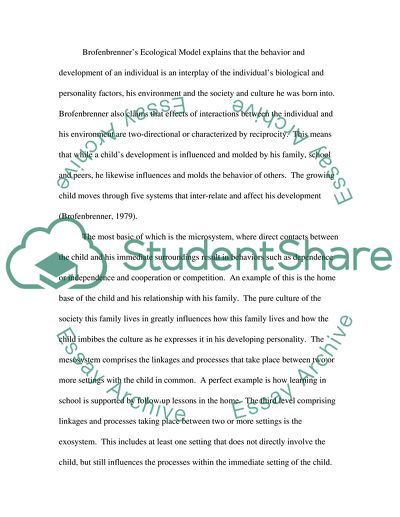Cite this document
(Coming Up With A Strong Home-School Link Research Paper, n.d.)
Coming Up With A Strong Home-School Link Research Paper. Retrieved from https://studentshare.org/education/1748952-parent-involvement-in-education
Coming Up With A Strong Home-School Link Research Paper. Retrieved from https://studentshare.org/education/1748952-parent-involvement-in-education
(Coming Up With A Strong Home-School Link Research Paper)
Coming Up With A Strong Home-School Link Research Paper. https://studentshare.org/education/1748952-parent-involvement-in-education.
Coming Up With A Strong Home-School Link Research Paper. https://studentshare.org/education/1748952-parent-involvement-in-education.
“Coming Up With A Strong Home-School Link Research Paper”, n.d. https://studentshare.org/education/1748952-parent-involvement-in-education.


